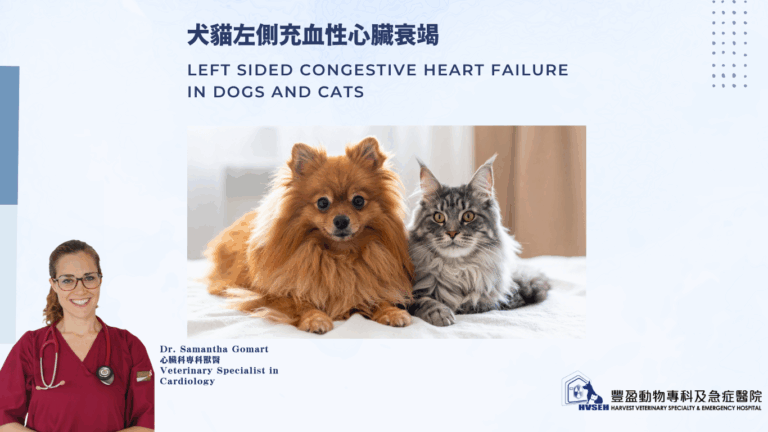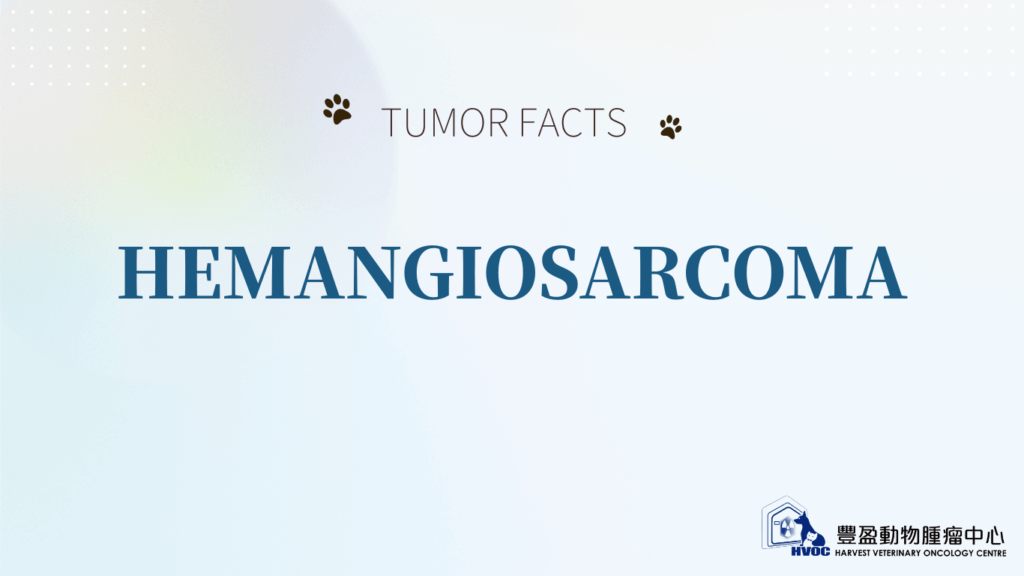
Do you observe coughing or difficulty in breathing in your animal? It may be heart related!
Left-sided congestive heart failure is a condition resulting from the inability of the heart to effectively pump blood to the body, resulting in blood congestion in the left atrium. When the pressure in the left atrium increases, it leads to fluid buildup in the lung tissues or around the lungs. The fluid accumulation causes difficulty breathing, and cough in some cases.
This condition can be seen in patients with heart defects present from birth, but also with acquired heart disease. Heart failure can be seen at any age. Pomeranians, Chihuahuas and Toy Poodles are predisposed to acquired valve disease (mitral valve disease) and can subsequently develop congestive heart failure.
These are signs that could suggest an animal is suffering from congestive heart failure:
1. coughing
2. increase in breathing rate
3. increase in breathing effort
4. lethargy
5. exercise intolerance
6. fainting
7. change in gum or tongue color to bluish gray
8. decreased appetite
9. any unexpected weight change
If you notice any of the above, please contact a vet for advice or bring your animal to an emergency hospital.
At Harvest Veterinary Specialty and Emergency Hospital (HVSEH), our veterinarians and nursing staff are trained to stabilize these cases. Diagnostic procedures such as focused chest ultrasounds and x-rays are usually performed to assess the case. If heart failure is suspected, medication such as diuretics, inotropes, sedation and oxygen therapy may be recommended. In some cases the chest of the animal needs to be drained if there is fluid accumulation around the lungs.
At HVSEH, we are equipped with oxygen cages that are tailored to meet the temperature, oxygen and humidity requirements of each patient.
Once stabilized, our Specialist in Cardiology Dr. Samantha Gomart collaboratively assesses our hospital patients and provides our clients with further diagnosis and long-term treatment plans. Some of the procedures that may be offered include: echocardiography, ECG, 24-hour ECGs, blood pressure measurement, blood tests, digital thoracic x-rays.






